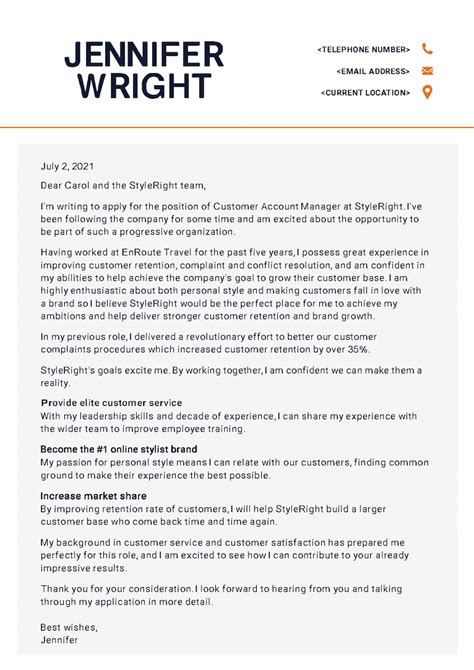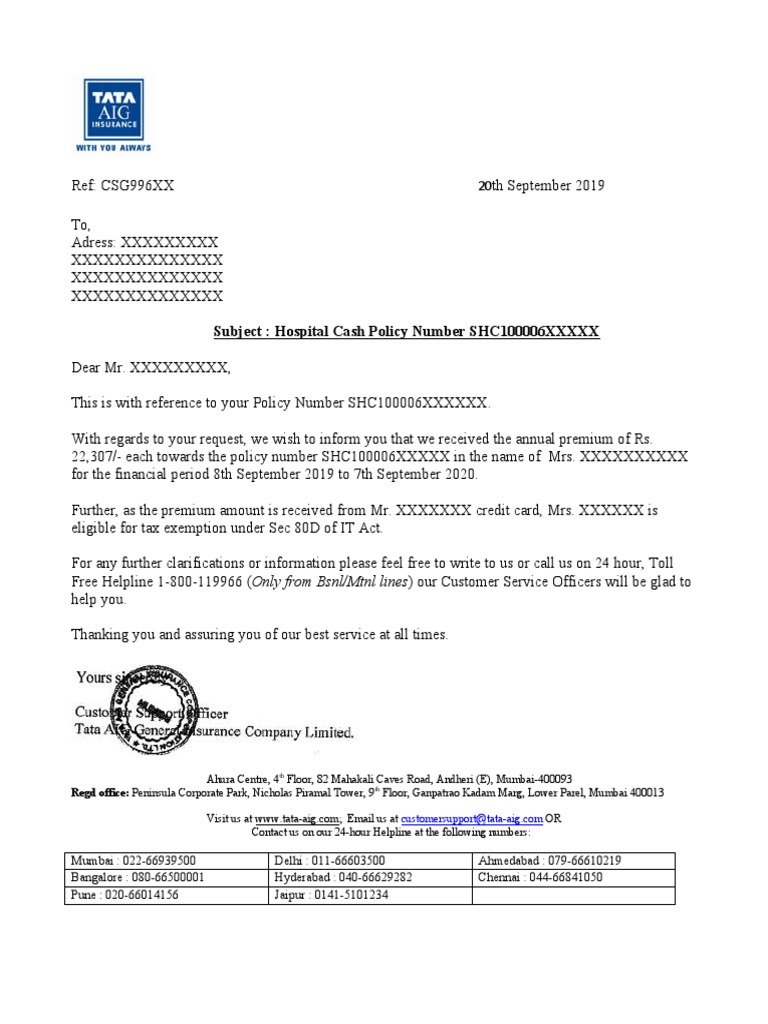What Does A Cover Letter Consist Of

The cover letter is a vital component of any job application, serving as an introduction and a way to showcase your unique skills and suitability for a specific role. It allows candidates to stand out and make a compelling case for why they are the ideal fit for the position, going beyond what a resume alone can convey. In today's competitive job market, a well-crafted cover letter can be the difference between landing an interview and being overlooked.
Understanding the Purpose of a Cover Letter

At its core, a cover letter serves several crucial purposes. Firstly, it provides an opportunity to express your genuine interest in the position and the company. It allows you to demonstrate that you have thoroughly researched the organization and its values, highlighting your alignment with its mission and goals. Secondly, it enables you to tailor your application, showcasing how your skills and experiences match the specific requirements of the job description. This personalized approach demonstrates your commitment and enthusiasm.
Moreover, a cover letter offers a platform to elaborate on aspects of your professional journey that may not be immediately evident from your resume. You can highlight key achievements, provide context to your career transitions, and address any potential concerns or gaps in your employment history. It is an avenue to tell a compelling story about your professional self, connecting the dots between your past experiences and the value you can bring to the role.
Components of an Effective Cover Letter

To craft a cover letter that leaves a lasting impression, several key elements should be included:
Introduction
Begin your cover letter with a strong opening statement that grabs the reader’s attention. Introduce yourself and provide a brief overview of your professional background, emphasizing the skills and experiences that make you a strong candidate. Express your enthusiasm for the role and the company, showcasing your understanding of their mission and goals.
Body Paragraphs
The body of your cover letter should delve into the specifics of your skills and how they align with the job requirements. Highlight 2-3 key areas where you excel and provide concrete examples to illustrate your strengths. Use this section to showcase your problem-solving abilities, leadership qualities, or any specialized knowledge that sets you apart. Remember to tailor these examples to the job description, demonstrating a deep understanding of the role’s expectations.
In addition to your skills, address any unique challenges or projects you have undertaken in your previous roles. Discuss how you overcame obstacles, achieved successful outcomes, and contributed to the growth and success of your previous organizations. This showcases your ability to deliver results and your proactive approach to problem-solving.
Conclusion
Conclude your cover letter by reiterating your enthusiasm for the role and your eagerness to contribute to the company’s success. Express your availability for an interview and provide your contact information, ensuring it is up-to-date and accurate. Leave the hiring manager with a compelling final impression, highlighting why you are the perfect fit for the position.
| Cover Letter Section | Key Elements |
|---|---|
| Introduction | Attention-grabbing opening, brief professional overview, enthusiasm for the role and company |
| Body Paragraphs | Tailored skills and experiences, concrete examples, discussion of unique challenges and successful outcomes |
| Conclusion | Reiterated enthusiasm, availability for interview, accurate contact information |

How long should a cover letter be?
+A cover letter should typically be one page in length. It should be concise, focused, and tailored to the specific job description. Aim for 3-4 well-written paragraphs that highlight your key strengths and experiences.
Should I include personal details or a personal brand statement in my cover letter?
+Including personal details or a personal brand statement can add a unique touch to your cover letter. It allows you to showcase your individuality and passion for the role. However, ensure that any personal details are relevant and add value to your application.
What if I don’t have much professional experience to highlight in my cover letter?
+Even if you have limited professional experience, you can still craft a compelling cover letter. Focus on transferable skills and any relevant projects or achievements from your academic or personal life. Highlight your ability to learn quickly and your enthusiasm for the industry.


